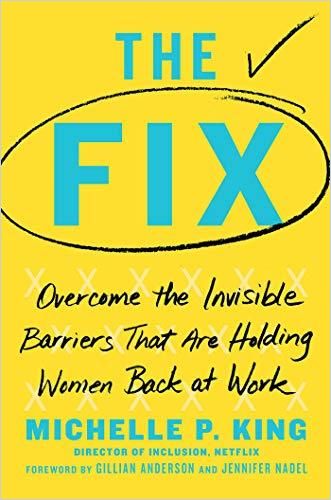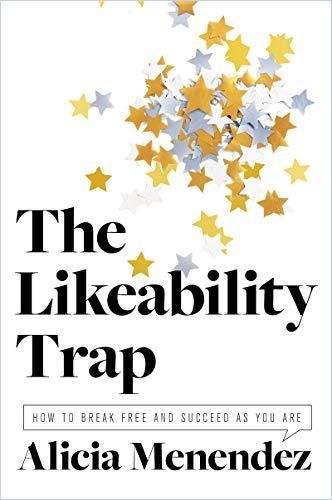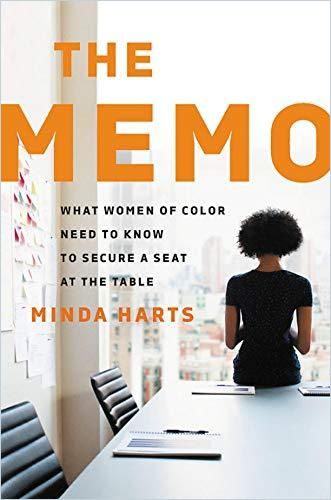Challenging Obstacles

Women continue to face obstacles they must challenge. Let’s look at some of them.
Internal Obstacles
Cultural stereotypes and gender misperceptions often keep women from pursuing their ambitions. Meanwhile, women can be unaware of the fact that this pesky inner voice telling them that they are not good enough or that they are failing as mothers is just repeating cultural falsehoods. In Girl, Wash Your Face, Rachel Hollis, founder of the lifestyle website TheChicSite.com, offers a series of strategies for women to become the author of their own life story:

Invisible Barriers
Patriarchy supports the beliefs that women aren’t as good or as valuable as men. Patriarchy is so much a part of society that most people don’t realize they hold those beliefs. Gender expert Michelle P. King describes numerous “invisible barriers” that women and other minorities face. “Invisible barriers” impede women’s advancement. For instance, companies often value women’s collaborative leadership style less than a dominant, aggressive male style. Yet women are often excellent leaders – creative, collaborative and democratic. To promote genuine workplace equality, King explains, companies must encourage a variety of skills:

The “Likability Trap”
Warmth, the primary attribute of likeability in women, reads as weakness in the male-dominated business world. Yet, the more a woman demonstrates strength, the more that world perceives her as unlikeable. Journalist Alicia Menendez dissects the challenges facing women in the workplace and the public sphere as they try to navigate passage between the rock of “likeability” and the hard place of leadership qualities. Menendez underscores the personal and economic cost of these biases and how businesses and society must change the way they evaluate and treat women:

Unconscious Bias
Women of color face even greater systemic barriers to advancement than white women. As Minda Harts explains in The Memo, workplaces discourage women from pursuing professional opportunities, particularly if they want to discuss systemic racism and the gender and racial wage gap. To overcome these systemic obstacles, Harts argues, women of color must embrace the belief that they deserve to reach the pinnacle of their ambition. It takes intentional effort to replace self-doubt and insecurity with the confidence you need to get ahead:








